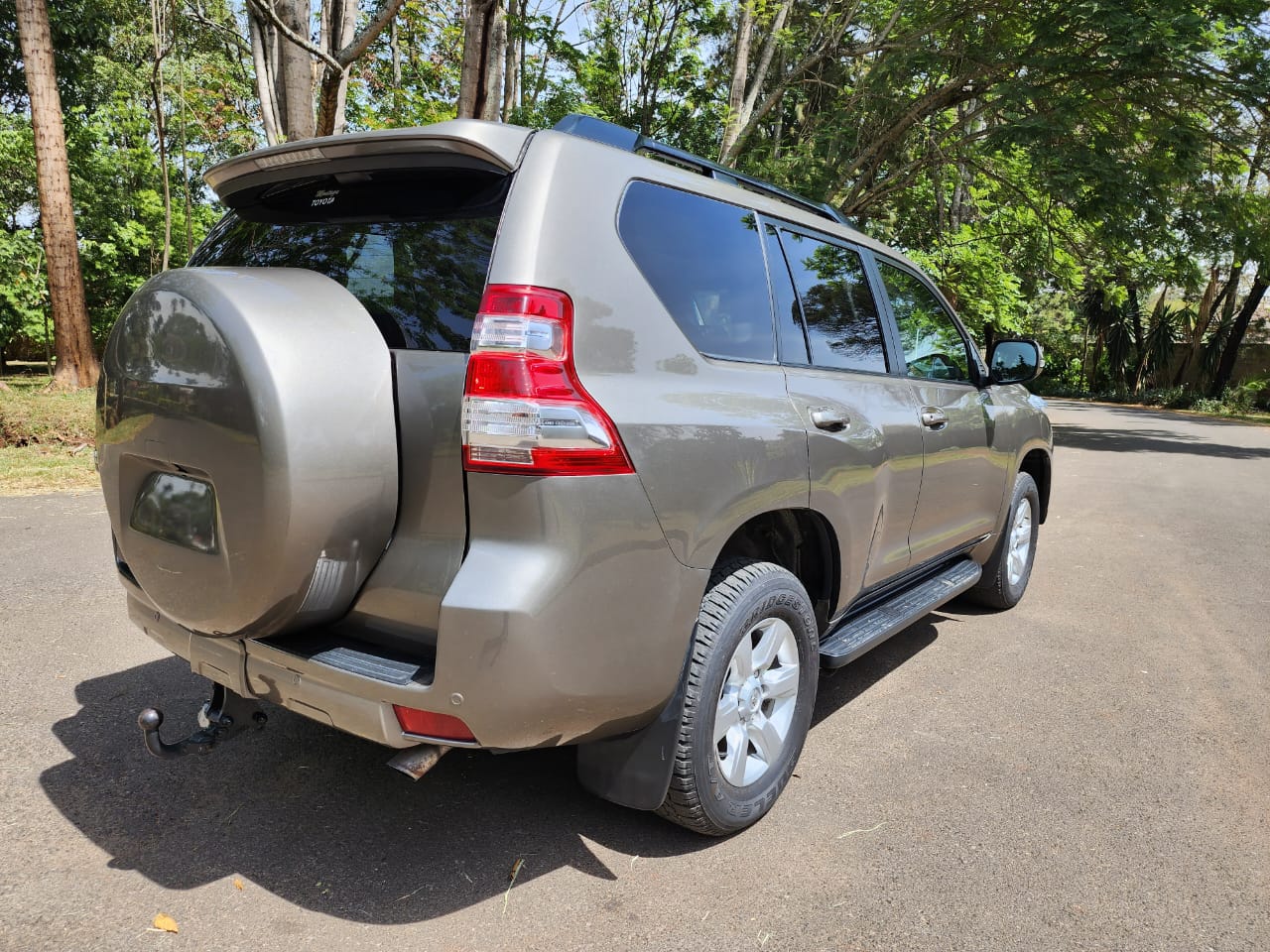Ad Details
-
Ad ID: 28706
-
Added:
-
Views: 1632
Description
11 financial considerations for retired married couples.
Share
Facebook LinkedIn Twitter Email Copy to clipboard
Copied to clipboard
You’re retired. life’s good. here’s how to keep it that way.
Last week you went on that long-awaited Alaskan cruise, and next month you’ll be at your time share in Aruba. Or maybe you’re just tending your garden and catching up on some reading. Either way, life is good, now that you’re retired.
We’d like to help you keep it that way. Here’s a short list of some of financial questions that retired married couples should have answered already or should make sure they answer soon.
Are you ready for the really long run? It’s no longer unusual for people to live a century or more these days. If you retired at 65 and live until you’re 100, are you prepared to take advantage of the next 35 years of life? Think about all the things you and your spouse want to do, the passions you’ve put aside until now, the bucket lists. Then consider how you’re going to fulfill them all financially. A little planning can help.
Have you maximized your Social Security benefits together? This is important, especially if you want to ensure that the surviving spouse receives the highest possible Social Security income. This can also help you increase the likelihood that other assets will last longer in retirement.
How much do you really need? Retirement planning and budgeting are important ways to figure out what you need now and will need later. Most people realize, after examining their current expenses, that they’ll need about 70%-80% of what they spent before retiring in order to live comfortably in line with to their standard of living.
Do you have an estate plan? Now that you’ve taken a good hard look at the assets and you have a better understanding of your finances overall, why not reevaluate your will and create or reevaluate trusts to ensure the security of your spouse and/or children?
To downsize or not to downsize? This is the question that many retirees are asking themselves. Selling your home to add to your retirement funds may or may not be a prudent action. After you consider the sentimental value of your home, the time and costs involved in selling it, the inconvenience of packing and moving, as well as the market value of your house, you should think about whether or not selling at this time is a good idea.
Have you both named your beneficiaries? Many of the places in which you’ve invested your money allow you to designate beneficiaries in case of your death. Naming beneficiaries allows you to pre-determine who will receive the death benefits of your life insurance policy, trust, 401(k), IRA, or employer-sponsored retirement plan. You can name a living person, a trust, your estate, or any combination of these options. You and your spouse should periodically review and keep all your beneficiary designations up to date because significant life events such as a marriage, a divorce, a birth, an adoption, or a death in the family can significantly change your perspective on who gets what.
Do you have life insurance? A surviving spouse may face a financial hardship for many reasons: loss of one Social Security paycheck, reduction or elimination of employer-sponsored retiree medical benefits or pension, or increased expenses due to disability and poor health at an older age. According to 2013 LIMRA research,1 only a quarter of married couples consider the need to provide for one spouse if the other dies, which ought to be a major concern when planning for retirement. That same LIMRA analysis found that for almost half of 65-year-old couples, one spouse will outlive the other by 10 or more years, and in 3 out of 4 couples, one spouse will outlive the other by at least five years. That’s why you should always consider life insurance.
What about long-term care? Health insurance covers a lot, but there are situations that are not covered. At some point, we all may need some sort of long-term care. Will a spouse or other family members realistically be able to help? It may be difficult if you need help with everyday tasks, such as getting dressed. Find out more about the costs of long-term care services.
Are you financially liquid and flexible? The investment strategy you’ve been following during the accumulation stage may not be the optimal one after retirement. Since you’ll be partly dependent on these assets going forward, it is wise to consider taking a more conservative approach. You can’t afford to take the same risks you once did to increase your assets, so maybe it’s time you shift gears to ensure the smooth ride you’ve been looking forward to. In addition to investing assets with preservation in mind, consider how you can make those assets a little more liquid and flexible, just in case you need them unexpectedly.
Should you retire? A lot of people are realizing that, even with all the planning, saving, and investing they’ve done, they may still need to work just a little longer, or start a second career doing something they have always wanted to do.
Once you’ve considered these questions, you may need some help in determining the best course of action. Along with your tax and legal advisors, we’re here to help. You can contact one of our agents for help with any of your retirement needs. Whatever you decide, enjoy! You’ve worked hard for it.






















Leave a Comment
Your email address will not be published. Required fields are marked. *